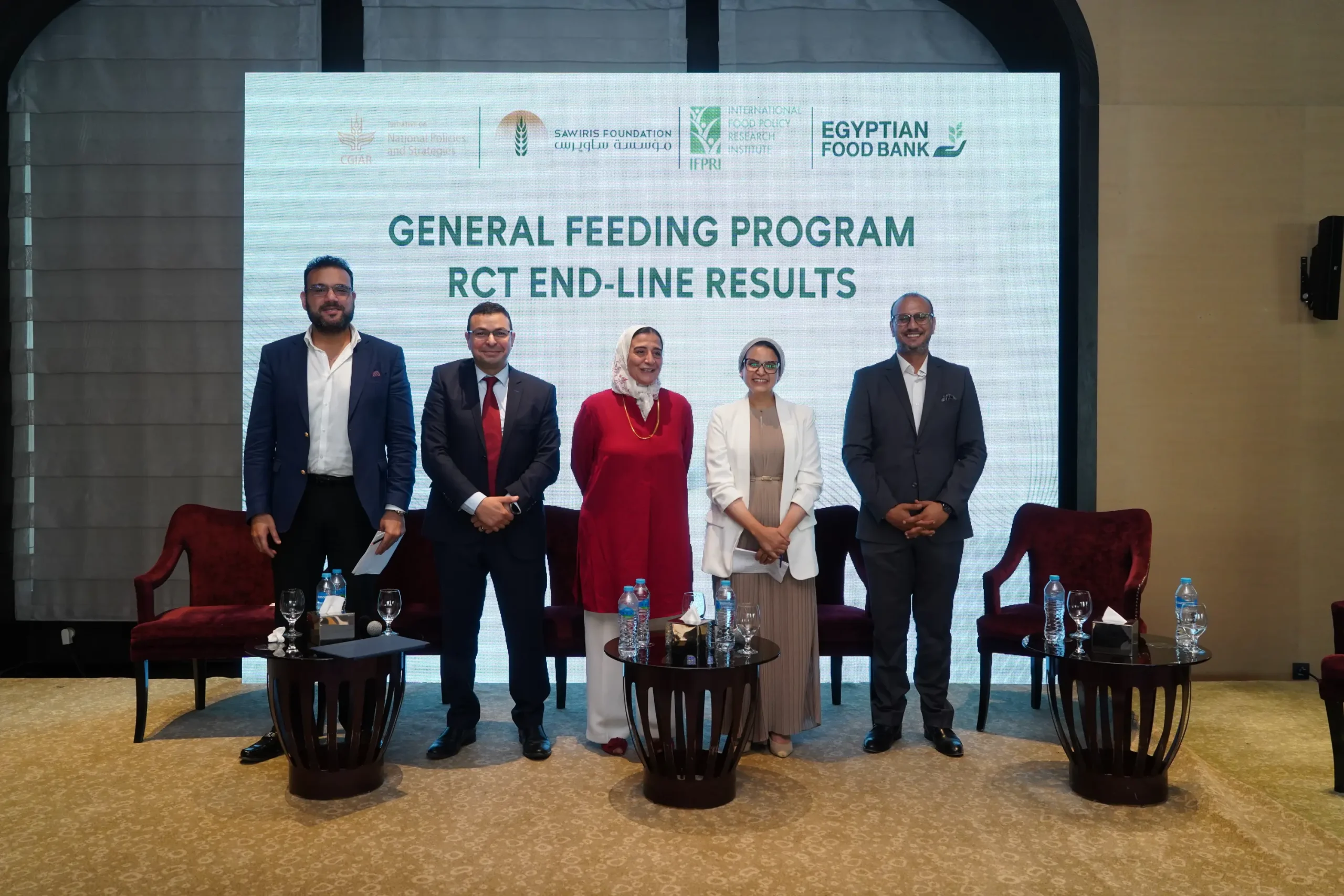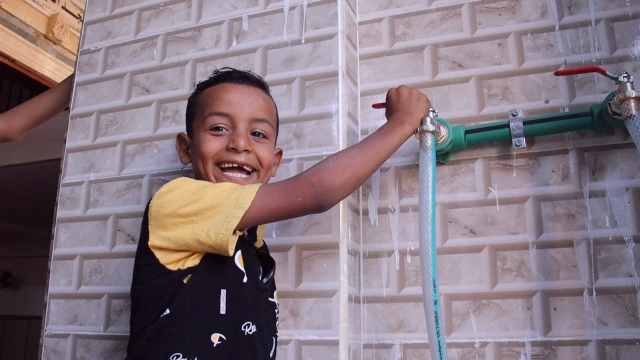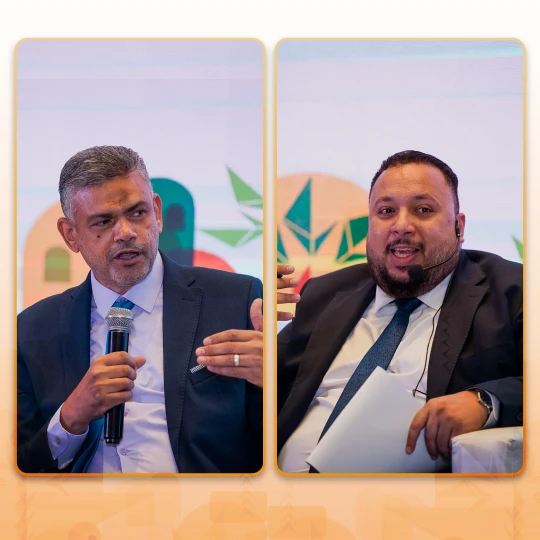Introduction: Egypt’s Environmental Imperative
A cradle of civilization is now confronting existential climate threats. Egypt faces substantial climate pressures despite being a relatively minor contributor to global greenhouse gas emissions.[1] The country’s already hot and arid climate is experiencing increasing environmental stresses, with far-reaching implications for national development. With a dreadful gaze into the future profoundly altered by the escalating climate crisis, Egypt now experiences climatic strains with the average annual temperature having risen already by a significant 1.74°C between 1901 and 2021 while projections indicate a further steep increase of 2.1°C by mid-century and up to 4.4°C by the close of the century under high emission scenarios.[2]
Recognized as highly vulnerable to climate change impacts, the nation’s policymakers, now stand at a critical juncture. [3] This landscape is further compounded, as rising temperatures exacerbate the already critical issue of water scarcity, where the per capita annual renewable water supply has plummeted from 1,426 cubic meters in 1977 to a mere 558 cubic meters by 2022, placing Egypt currently well below the water scarcity threshold and very close to absolute water scarcity at 500 cubic meters per capita. 2
Despite Egypt’s high vulnerability to climate change, transparent and accurate climate information are scarce obscuring the know-how and developmental landscape. Evidence gaps hamper informed decision-making and scatters effective climate action throughout the country.[1] Coupled with this, 20% of Egypt’s population face multidimensional poverty[2] (30% monetary poverty)[3], making climate change a compounding pressure on their already dire state of livelihood and living environments. The urgency for innovative, evidence-driven policies to address these multifaceted challenges and safeguard human development from environmental threats in Egypt has never been greater.
HAPIE: A Collaborative Force for Environmental Progress
A contemporary challenge in climate governance is gaps between high-level climate policies and their practical implementation by various sectoral and local actors. Effective climate knowledge management requires a cascading structure of implementation, in which central government provides directional oversight through broad targets, which are implemented at the sectoral level, often through line ministries, multilateral, civic, and private sector actors.
In light of the pressing and present environmental realities, the Hub of Advanced Policy Innovation for the Environment (HAPIE) poses as a pivotal force emerging and a direct response to these challenges, positioning itself as a crucial climate solution and adaptation strategy. Named with the stature of the ancient Egyptian deity in mind[1] HAPIE serves as an extension of the Egypt Impact Lab (EIL) strategically established through a vital partnership between The Abdullatif Jameel Poverty Action Lab (J-PAL MENA) at The American University in Cairo (AUC) and the Egyptian Ministry of Planning, Economic Development, and International Cooperation (MOPEDIC). This core alliance aims to leverage evidence-based research to improve climate policies and programs in Egypt.
Sawiris Foundation for Social Development (SFSD) and Community Jameel further propel HAPIE’s inception and operational capacities being funding philanthropic partners. SFSD a pioneering, Egyptian donor foundation, embodies the philosophy of going beyond financial support into being impact investors, developmental knowledge leaders, and technical partners dedicated to creating meaningful change. Our commitment is to realize innovative, localized solutions that help vulnerable communities mitigate and adapt to the growing effects of climate change.
HAPIE provides a concrete mechanism for translating research into actionable climate adaptation and mitigation strategies enabling researchers to collaborate with J-PAL MENA and government stakeholders to innovate, test, and scale evidence-informed environmental policies. With the integration of the National Institute for Governance and Sustainable Development
(NIGSD), and additional support from UNICEF Egypt, HAPIE stands as a powerful multi-stakeholder initiative focused on building a greener, more climate-resilient future for Egypt.
Contributing to Egypt’s National Environmental Goals
This pivotal hub directly aligns with the environmental dimension of Egypt’s Sustainable Development Vision 2030[1], which sets criteria for climate change adaptation. By generating evidence and informing policy decisions related to clean air and water, HAPIE also supports the objectives outlined in Egypt’s Second Nationally Determined Contributions (NDCs) under the UNFCCC[2], including the ambition to increase renewable energy and reduce emissions. Furthermore, HAPIE’s focus also acts as a decision support arm to the Nexus of Water, Food and Energy (NWFE)[3] sponsored by the Ministry of Planning, Economic Development and International Cooperation. Through rigorous research and collaborative engagement, HAPIE aims to bolster the effective implementation of Egypt’s National Climate Change Strategy 2050[4], fostering a more resilient and sustainable future for the nation.
Conclusions
The current state of climate change, its knowledge management in Egypt and the MENA region reveals significant challenges that must be addressed to support evidence-based climate policy. Despite the region’s high vulnerability to climate change, information systems remain fragmented, with bureaucratic obstacles, weak climate governance structures, and limited transparency impeding effective knowledge sharing and more importantly utilization.
HAPIE enhances Egypt’s capacity for scientifically-informed climate policy, and combatting poverty through addressing knowledge management challenges which are crucial for maintaining socioeconomic viability. By developing centralized information systems, streamlining access to climate data, strengthening institutional capacity, and fostering regional cooperation, Egypt is building a more robust foundation for climate adaptation and mitigation efforts.
—
This article was originally published on F20 website as part of their 2025 Q2 Newsletter Magazine






